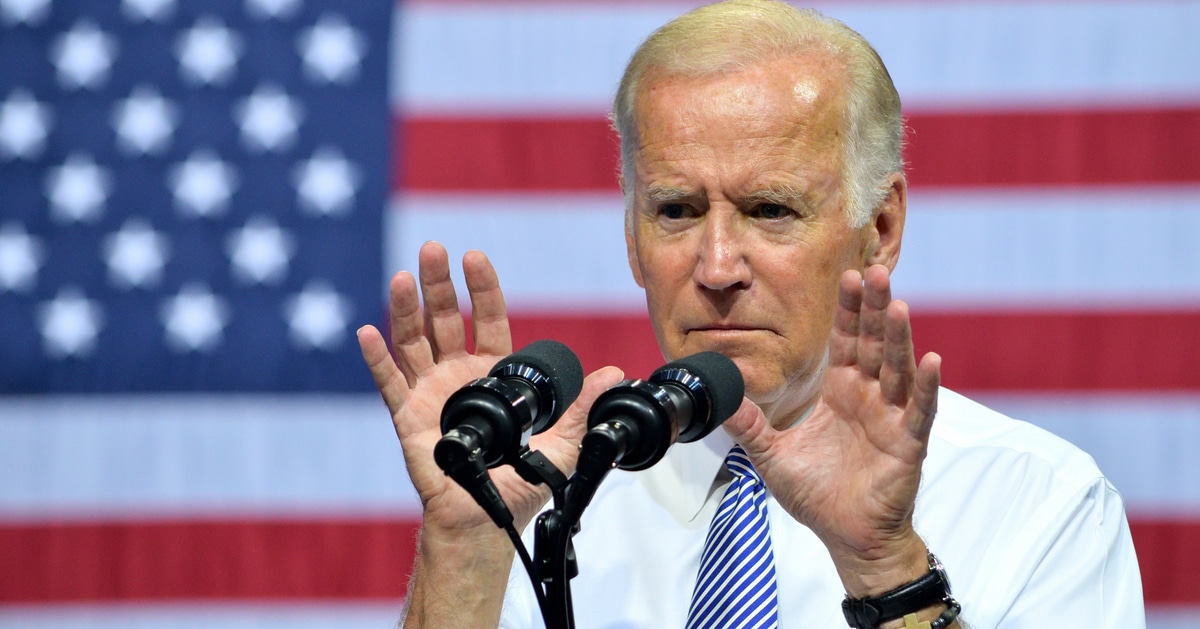




In a significant admission, Meta CEO Mark Zuckerberg revealed that Facebook, under pressure from the Biden-Harris administration, engaged in censoring content, stifling discourse on various topics.
Fox News reported that Zuckerberg's acknowledgment marks a pivotal turn in the ongoing scrutiny over social media's role in free speech and governmental influence.
The gravity of Meta's involvement began to unfold following demands from House Judiciary Committee Chairman Jim Jordan. Under political pressure, Zuckerberg was compelled to provide evidence supporting claims of interaction with government officials over content moderation.
This disclosure was not voluntary but a reaction to increasing legal demands, leading to a broader public understanding of Meta's compliance with governmental requests.
Further complicating the landscape is the legal precedent set by the Supreme Court case, Murthy v. Missouri, which while dismissing the plaintiffs' standing, highlighted severe concerns about governmental overreach in digital censorship.
In his written admission, Zuckerberg stated, "I believe the government pressure was wrong, and I regret that we were not more outspoken about it."
This statement follows a period of silence from Zuckerberg, even amidst concurrent discussions about similar tactics employed during the release of the 'Twitter Files' by Elon Musk.
These files revealed attempts to suppress stories and information detrimental to political figures, including the Hunter Biden laptop controversy.
The Biden administration had previously faced accusations of labeling the Hunter Biden story as Russian misinformation to suppress it prior to pivotal elections, adding another layer of intricacy to Meta's now-publicized actions.
Meta's role in content censorship was meticulously discussed in the book "The Indispensable Right: Free Speech in an Age of Rage."
This discussion pinpoints social media giants as instrumental in facilitating a blend of corporate and governmental censorship agendas.
Specifically, campaigns were launched encouraging youth to endorse 'content modification,' furthering a narrative of controlled and biased information flow on major platforms like Facebook.
Jen Easterly's statements regarding the protection of "cognitive infrastructure" from "malinformation" further reinforce the intertwined relationship between major tech platforms and government directives focused on information management.
Critics have voiced strong disapproval of Zuckerberg's late admission, which was seen as a reactive move rather than a stride towards transparency.
A critic notably stated, "For those of us who have criticized Facebook for years for its role in the massive censorship system, Zuckerberg's belated contrition was more insulting than inspiring."
This ongoing controversy propels further debates about the balance between national security, public interest, and freedom of speech.
As the digital landscape continues to evolve, the roles of entities like Meta and their CEOs in shaping public discourse under governmental influence are being scrutinized more critically than ever.



